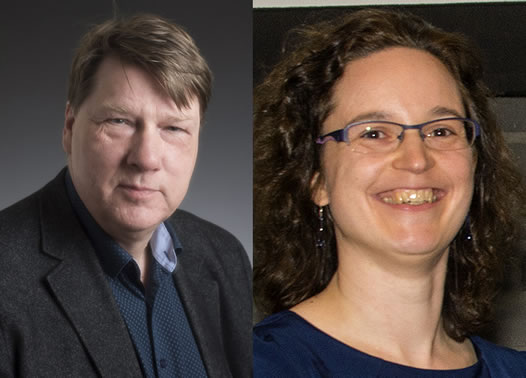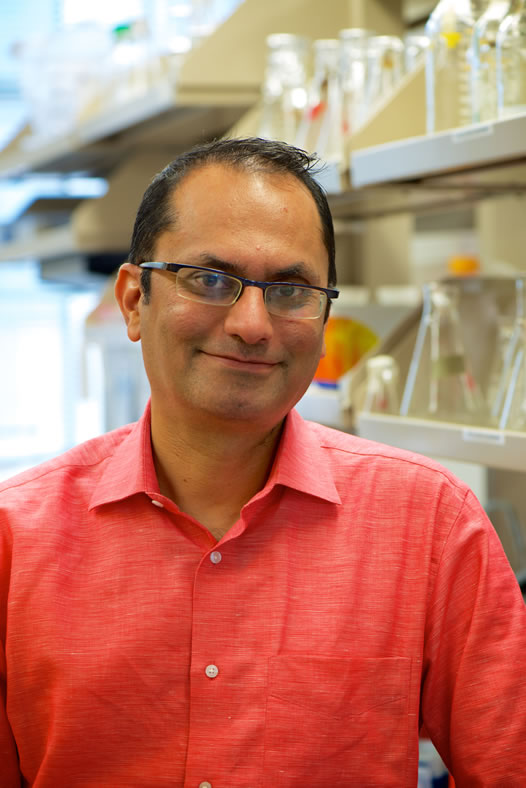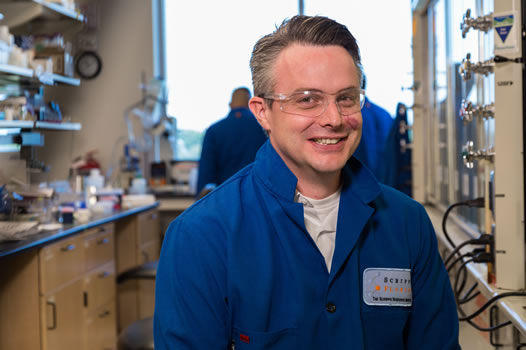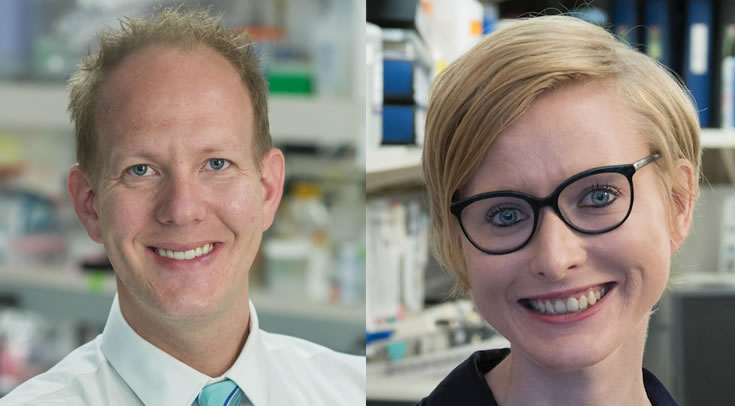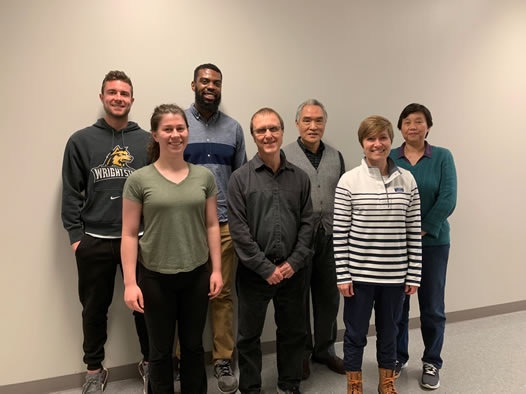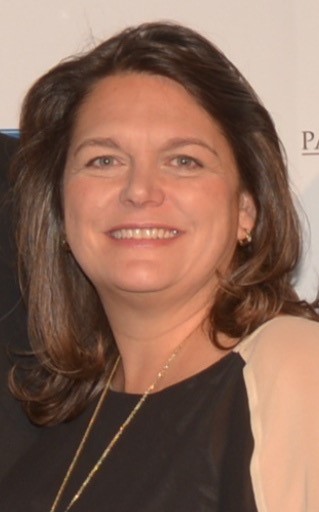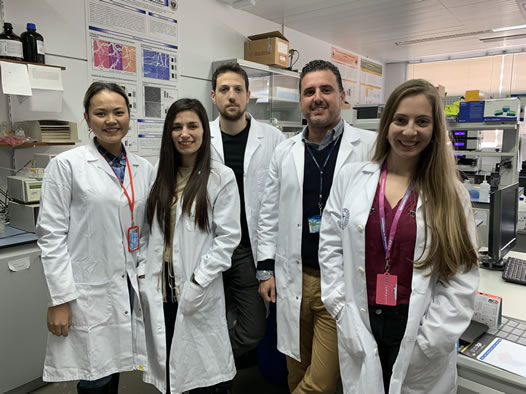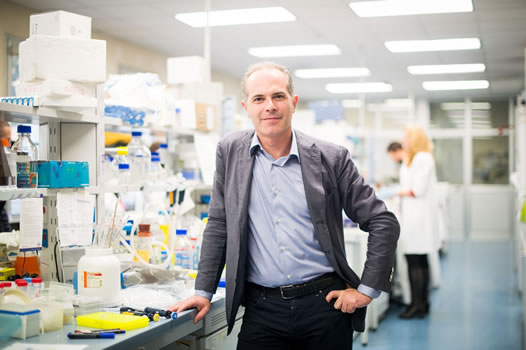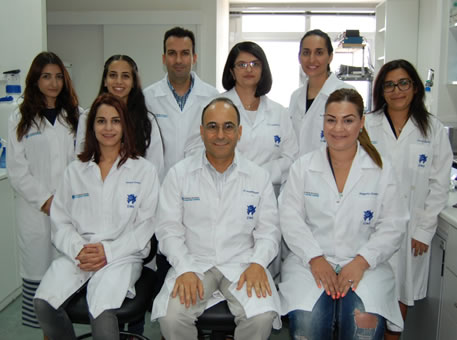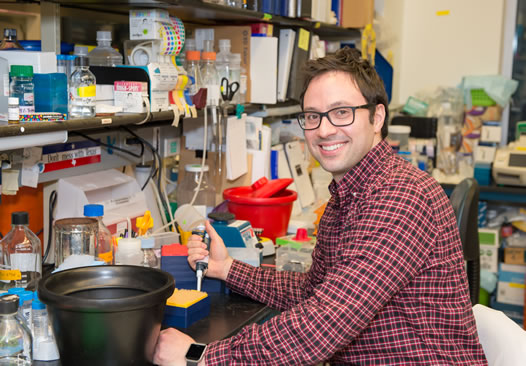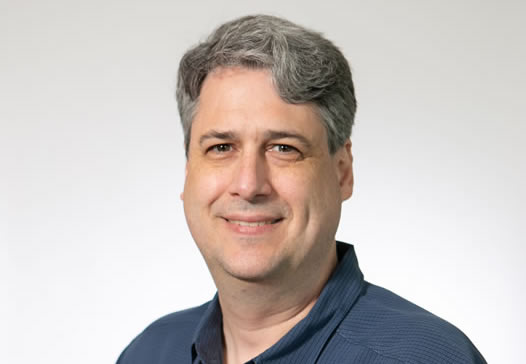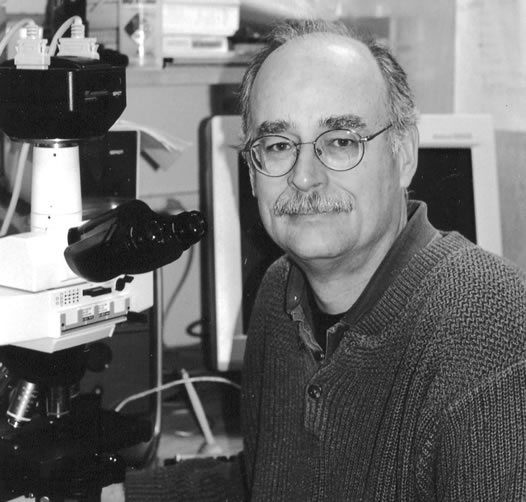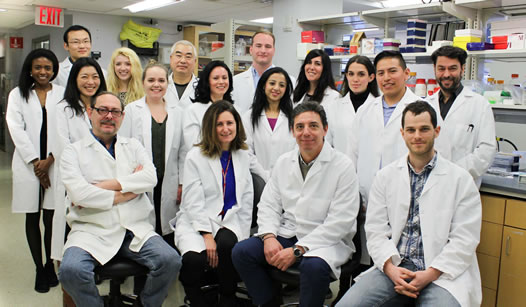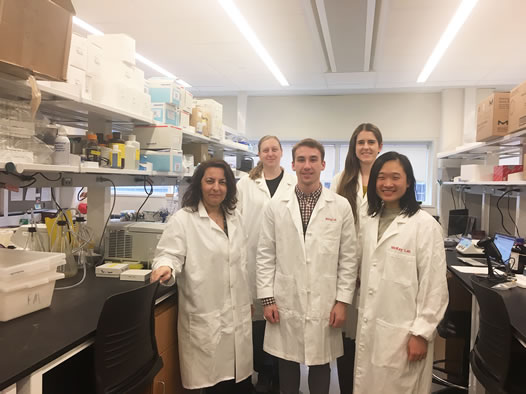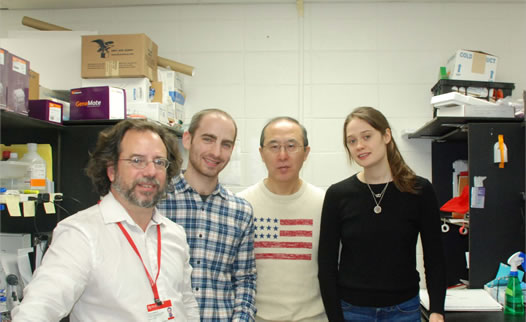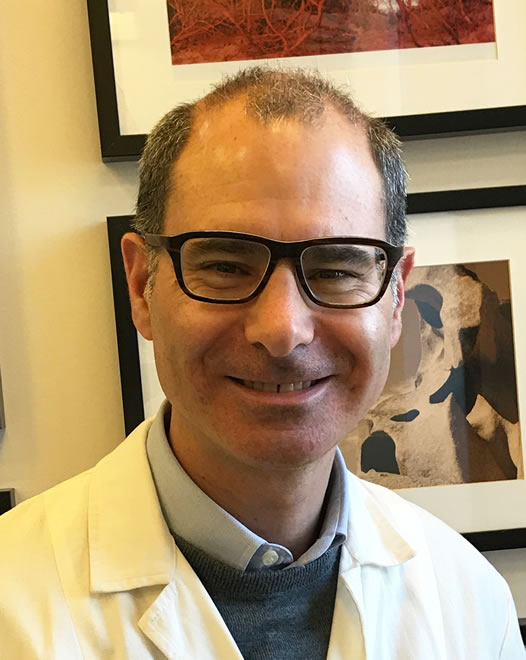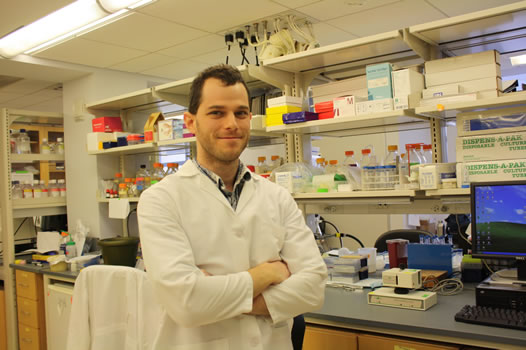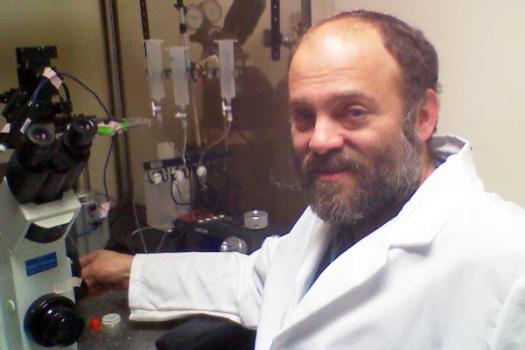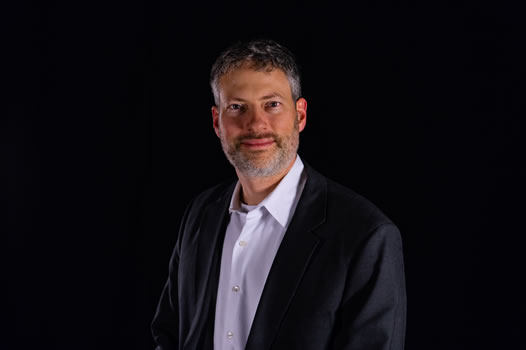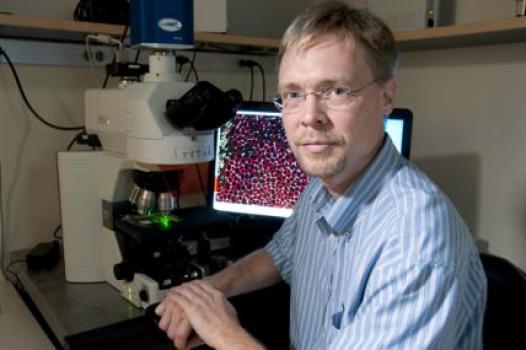MDA Resource Center: We’re Here For You
Our trained specialists are here to provide one-on-one support for every part of your journey. Send a message below or call us at 1-833-ASK-MDA1 (1-833-275-6321). If you live outside the U.S., we may be able to connect you to muscular dystrophy groups in your area, but MDA programs are only available in the U.S.
Grant - Winter 2019 - ALS - Junjie Guo, PhD
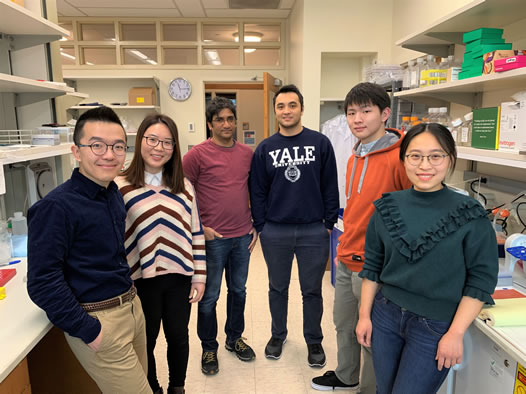
"The pathophysiological mechanisms underlying ALS and other neuromuscular diseases are still poorly understood. Only through systematic and mechanistic investigations of disease-relevant pathways can more novel therapeutic targets be discovered. More diverse therapeutic strategies will most likely accelerate the development of treatments."
Junjie Guo, PhD, assistant professor of Neuroscience at Yale University, was awarded an MDA research grant totaling $297,678 over three years to learn more about the process by which RNA from the C9ORF72 gene mutation in amyotrophic lateral sclerosis (ALS) forms complexes with proteins inside the cell and whether specific complexes are detrimental to the health of the motor neuron.
Although most cases of ALS are sporadic, meaning there is no family history of the disease, about 10 percent of cases are familial, meaning the disease runs in the family. Recently, it was discovered that a mutation in the C9ORF72 gene where one segment of the gene is repeated too many times — also known as a repeat expansion — is the most common cause of the familial form of ALS (this form is referred to as C9-ALS) and is found in some sporadic cases as well. It’s uncertain, however, if the disease is caused by reduced levels of normal C9ORF72 protein and/or by toxic RNA and proteins manufactured using instructions from the extra DNA.
Defects in cellular RNA metabolism have been shown to play important roles in a variety of sporadic and familial neuromuscular diseases, including familial ALS. In C9-ALS, RNA from the repeat expansion forms RNA foci (clump-like structures) inside the cell. Previous studies have shown that these RNA foci can alter the function of RNA-binding proteins, thereby affecting the function of cells. In this project, Dr. Guo will study how RNA foci are formed, what factors regulate their formation, and how these foci affect RNA metabolism in a C9-ALS motor neuron model. He aims to better understand the molecular mechanisms and pathophysiological roles of RNA foci in not only ALS but also other neuromuscular diseases associated with repeat expansions.
https://doi.org/10.55762/pc.gr.84550
Grantee: ALS - Junjie Guo, PhD
Grant type: Research Grant
Award total:
Institution:
Country:

